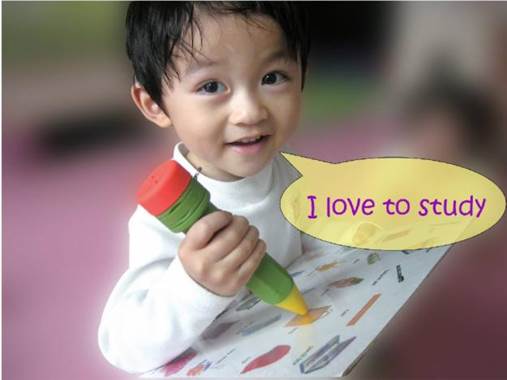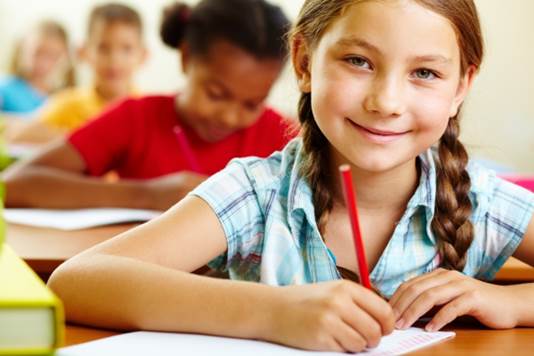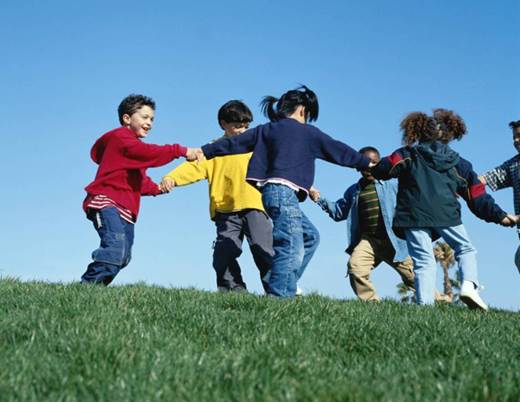There’re always good tips to help children
study without parent’s helps.
At school age, children start to get used
to the environment that differs from home. There’re new things that they have to
learn, which includes the habit of learning by themselves in order to learn
about the knowledge from the new environment.
Why children have to study by themselves?
All parents want children to be better than
others. However, no many ones know how to teach children to use their own
ability. One of things that parents need to teach children is the ability to
study by themselves.
Some people have wrong conception about
self-learning. They think that when children do self-learning, they sit by the
desk, study on time and finish their homework. Nevertheless, it’s not that
simple. Self-learning is a process in which children arrange and make plans
about knowledge absorption in their own way.
They can finish the aims by themselves or
with other people’s helps. The most important element of self-learning is
curiousness, a desire of learning more in children.

There’re
5 principles that help children to practice the self-learning habit.
Children build schedules on their own
Generally, parents often force children to
stay in a steady framework created by them despite the result. On the contrary,
because children are over-tied, they have signs of tiredness, irritability and
sooner or later, in one way or another, children will find out a way to release
themselves from the framework.
So why don’t you let them be free in
building their schedules? To first-grade children, they can build their
schedules by themselves, which will help them be more active in their work.
Parents should only play the consulting roles which help children to make the
schedule sensible.

Let
children be free in building their schedules.
Equal the level of exercises to children’s capacity
To help children do the self-learning
efficiently, parents should know children’s real power and whether they gain
the basic knowledge or not. If they outstandingly succeed in doing so, you
should provide them with more homework or advanced exercises.

Equal
the level of exercises to children’s capacity.
In the case your children don’t gain the
basic knowledge, you should neither force them to learn too much nor give them
lots of homework and make them focus on that. Instead of that you should give
them simplest exercises to absorb the knowledge.
Don’t refuse or get angry to children’s question
Children at kindergarten or primary school
age are often aggressive and always ask question like why and how. Some parents
who are busy with work are easy to get angry and scold on the children when
being asked successive questions. This tends to lead to the fear of asking;
even when they grow older, they’re still afraid of asking.

Don’t
get angry when receiving question from children.
Parents should answer all children question
in anytime, anyplace. Do not answer: “I don’t know”. Instead of that, when
parents can’t find out the answers, they should say to their children that:
“Let’s find it out.”
Improve the self-learning ability
To teach children the self-learning spirit,
first, parents need to explain the meaning of self-learning. This is an active
way to discover, practice what are learnt, know how to learn from others to
know better about ourselves.
With an exercise, parents should ask
children to solve it in different ways. With questions, parents should listen
to children’s answers first to check the distance between their opinion and
reality then parents should explain the answers to them in many perspectives of
life.
Let children take part in social activities

Parents
should let children take part in outdoor activities with family or friends in
order that children can learn things that are not in books.
Parents should let children take part in
outdoor activities with family or friends in order that children can learn
things that are not in books.
Parents should also let children plant
trees, take part in extracurricular classes to improve social communication,
group skills…